Major Amazon Change Sparks Author Confusion
A10 priorities, Baker & Taylor fallout, Spotify’s growth, and more key updates shaping the week in self-publishing.
Disclosure: This post contains affiliate links. If you use these links to make a purchase, I may earn a small commission at no extra cost to you. Thanks for your understanding and support!
Amazon’s algorithm has changed again, and it’s already shaking up indie author rankings. More news coming out about Baker and Taylor as libraries scramble to adapt after the 190-year-old wholesaler’s collapse. And Spotify’s audiobook program just reported a 36% jump in listeners, showing how fast audio continues to grow.
We’ll also look at a new wave of AI-driven marketing scams targeting authors, a mayonnaise-scented book promotion that’s pure marketing genius, and a new industry survey from Written Word Media that could help shape the future of indie publishing.
All that and more in this week’s Self-Publishing News for October 21, 2025.
A Brief Word
This is your last call. The Final 3: Your Publishing Playbook, Rewritten campaign closes this Friday night at midnight. Once the clock hits Saturday morning, the doors close forever, and my nonfiction career ends with it.
The Final 3 books are second editions of my original Amazon Self Publisher series, now completing the Self-Publishing with Dale lineup. Keywords for Books, Reviews for Books, and Marketing and Promotion for Authors are rebuilt with today’s tools, strategies, and insights for indie authors. The original editions won twenty-two awards combined, and these new versions take everything I’ve learned over eleven years in publishing and make it practical for authors right now.
Each deluxe hardcover features gold foil covers, sprayed edges, and built-in bookmarks, with exclusive workbooks designed to help you take action as you read. These collector editions are only available through this Kickstarter. When the campaign ends, they are gone for good.
Now, let’s talk about the group coaching. One-on-one coaching spots are already sold out, and this is the last time I will ever offer coaching in any form. There are only twelve seats left in the small-group coaching program. Over four weeks, we meet live once a week for an hour, where I personally help you apply what you learn, build a strategy for your author business, and get real accountability. You’ll also get access to a private Discord chat where you can connect directly with me and your group between sessions. Once this campaign ends, coaching disappears forever.
Visit DaleLinks.com/Kickstarter before Friday night to secure your spot. When this closes, it all goes away. This is the end of my nonfiction chapter and your chance to be part of it before I move full-time into fiction.
Amazon Algorithm Shifts
According to Jane Friedman’s newsletter The Bottom Line, many indie authors have reported sudden Amazon sales declines even though their marketing and advertising have stayed the same. Jane points to what experts believe is the full rollout of Amazon’s A10 algorithm.
This new system gives less weight to paid advertising and focuses more on organic engagement and outside traffic. Amazon now rewards authors who bring readers from beyond its platform instead of relying on internal ads. Jane’s advice is to diversify and build direct reach to readers. Depending entirely on Amazon has always carried risk, and that risk is growing.
To understand why this change fits Amazon’s long-term pattern, author and consultant Joe Solari published an extensive guide titled The Hidden Rules of Amazon. It’s around 20,000 words (two-hour slow read) and explores how Amazon’s ecosystem is built to serve Amazon first.
Joe explains that every update reinforces Amazon’s larger goal. The company is not a bookstore. It is an ecosystem that collects data across categories to predict customer behavior. Books are one piece of a much larger system. Authors who understand that relationship and align their marketing with Amazon’s business model tend to thrive. Those who treat Amazon like a traditional retailer struggle when the rules change.
That brings us to Thomas Umstattd Jr. and Jonathan Shueger at Author Media. My friend Shanon “S.D.” Huston brought their latest Author Update episode to my attention, and it connects perfectly with what Jane and Joe have been discussing. Thomas confirmed that Amazon’s A10 algorithm now prioritizes external traffic, consistent reader engagement, and strong sell-through across a series. Ads still have value, but they no longer deliver the same organic lift they once did. The old playbook of stacking promotions and chasing short-term rank is losing steam.
Thomas summed it up best. You are not a slave to the algorithm. These updates do not eliminate opportunity. They reward a different type of author. The focus now is on reader loyalty, genuine engagement, and sustained growth. If you bring readers from beyond Amazon through your email list, social media, or direct sales, you will benefit. If you rely only on Amazon ads or quick promotional spikes, your results may fade.
The message is clear. Authors who build long-term relationships with readers will continue to grow. Those who depend on platform mechanics alone will find themselves left behind. As per usual, all links are in the show notes for all news items.
Libraries Look to Fill the Gap Left by Baker & Taylor
For the past few weeks, I’ve been following the story of Baker and Taylor, the nearly 200-year-old book wholesaler that’s closing its doors. The company has been a backbone of the library supply chain for generations, so its collapse leaves a major void in how libraries source their books.
According to Publishers Weekly, Ingram Content Group and Bookazine are moving quickly to fill the gap. Ingram is adding new staff and systems to handle the increased volume, while Bookazine has already taken on more than a hundred new library accounts. Both companies say they’re ready to meet the demand, but it will take time to rebuild the infrastructure that Baker and Taylor once provided.
Meanwhile, Amazon has quietly entered the conversation. Through Amazon Business, the company has launched a new Library Hub that allows libraries to buy books directly, complete with cataloging tools and discounts on selected new titles. Several libraries in the Pacific Northwest have already been approached about the program.
The situation remains fluid, and the transition won’t be easy. Baker and Taylor’s long history made it a trusted partner, and its sudden closure has left librarians, publishers, and contractors scrambling.
It’s a sad end for a company that spent nearly two centuries connecting books to readers. Even worse, many of the people and publishers owed money may never see payment.
Get more details about the Baker & Taylor situation in my previous post. 👇
Spotify’s Audiobook Listeners Grew 36% in Second Year of Service
Spotify’s bet on audiobooks is paying off. A Bloomberg report shows listening on the platform grew 36% over the past year, with total hours up 37%.
Two years after launching its audiobook program, Spotify now offers more than 500,000 titles across fourteen markets. Unlike Audible’s credit model, Spotify gives subscribers fifteen hours a month of audiobook listening, letting them sample several books instead of committing to just one.
Publishers including Bloomsbury, HarperCollins, and Lagardere (this name tripped me up; let me know how it’s pronounced in the comments) credit Spotify for new, mostly incremental revenue. The biggest growth is coming from younger audiences under 35, who are discovering audiobooks for the first time. Older backlist titles are performing especially well, making up seven of Spotify’s top ten audiobooks.
Short stories and children’s books are also thriving thanks to Spotify’s sampling model. Analysts say the platform is introducing audiobooks to casual listeners rather than stealing customers from other services.
Spotify’s success comes as U.S. audiobook sales continue to climb, passing $2.2 billion last year.
Writer Beware: Army of Bots and AI-Driven Marketing Scams
Victoria Strauss from Writer Beware published a major new report titled Army of Bots: Deeper Into the Vortex of Nigerian Marketing Scams. This continues her coverage of a growing wave of AI-fueled fraud targeting authors worldwide.
Over the past year, these marketing scams have evolved quickly. What started as poorly built websites and generic emails has now turned into networks of fake communities (often hosted on Discord) where AI-generated profiles pose as readers offering “tipped reviews” for pay. In reality, these are elaborate schemes to trick authors into paying for fake exposure and nonexistent services.
Strauss and author Jason Sanford both documented how these communities operate, with thousands of fake users created by AI bots to make them appear legitimate. Some even impersonate real authors, publishers, and book clubs to gain credibility. The most recent trend involves professional-looking websites claiming to manage thousands of “verified readers,” when in truth, none of them exist.
The key takeaway from Writer Beware is to stay skeptical of anyone offering paid reviews, guaranteed visibility, or quick success. Legitimate reviewers never ask for tips or payments. Scams like these are powered by a small number of bad actors using AI tools to operate at massive scale, and they can come from anywhere.
No matter where they originate, scams hurt real authors and real readers. Always verify who you’re dealing with before handing over money or information.
A Book Marketed with Mayo-Scented Ink
This next story comes from The Guardian, and it might be the most creative book promotion I have seen this year. Author Jennifer L. Armentrout teamed up with Hellmann’s to release a special edition of her romantasy novel The Primal of Blood and Bone printed with garlic-infused ink. It is a clever tie-in, since her story features vampire-like creatures called the Craven.
Columnist David Barnett used the story to criticize TikTok-driven marketing, saying that flashy ideas like this get more attention than mid-list authors who need real support. He argued that publishers focus too much money on big names while others are left behind.
I have to disagree. This is genius-level marketing. If an author can partner with a major brand like Hellmann’s, that is not a gimmick. It is smart business and creative thinking that gets people talking. I would not be surprised if Armentrout landed a full sponsorship deal from it.
Authors should take note. The days of waiting for a publisher to promote your book are gone. Be bold, be inventive, and do something readers will remember.
And a big thank-you to Nate Gillick from Laterpress for sharing this story. His weekly newsletter is packed with valuable updates for indie authors. Visit Laterpress.com to subscribe and stay informed.
Written Word Media Launches 2025 Author Survey
Written Word Media has opened its annual Author Survey, one of the most valuable data projects in indie publishing. The survey takes less than ten minutes to complete and is completely private. I finished it myself in about five.
These surveys help everyone in the author community understand what is working, what is changing, and what might come next. Written Word Media uses the data to publish a free report that reveals trends in book pricing, advertising, and author income.
The more authors who participate, the stronger the insights become. Surveys like this help me help you by showing where the industry is headed and how indie authors can stay ahead of it.
Rapid Fire News Flash
From Apple Books for Authors, if you plan to release a book between November 24 and January 5, review the updated holiday delivery deadlines. Books submitted after those dates may not go live on time. Apple also advises avoiding major updates between December 22 and 29. This notice applies only to account holders with Apple Books for Authors.
My partners at CraveBooks just rolled out a major new perk. Standard and Pro members will soon have their books randomly featured in the Daily Deal newsletter at no extra cost. That means more visibility, more potential sales, and more value built right into membership. Pro authors also get access to my video courses, with Networking for Authors joining the lineup soon.
At Kindlepreneur, my friend Dave Chesson has launched a new course called Authorpreneur Academy. It is a complete, step-by-step guide to publishing and marketing your book the right way. Dave has spent years helping authors of all kinds, and this academy puts everything he has learned into one affordable course.
And in case you missed it, I joined Evan Gow from StoryOrigin for Mastering Self-Publishing: From Novice to Pro, where we talked about practical systems for building your author business.
I also joined Miblart for their first YouTube Webinar Series, Book Marketing Trends 2026 | What Every Indie Author Should Know. I shared how authors can get more book reviews, and Alexa Bigwarfe followed with a powerful session on book marketing.
Final Thoughts
The countdown is on. The Final 3 campaign ends this Friday night at midnight, and when it does, my nonfiction chapter closes with it.
I’ve coached hundreds of authors over the years, and many turned that knowledge into full-time careers. This is the last chance to join my group coaching program before it disappears forever. Only twelve seats remain. You’ll get four weeks of live sessions with me and a private Discord space for feedback and accountability.
Visit DaleLinks.com/Kickstarter before Friday night. Once it’s over, there’s no coming back.
That’s all I have for the news this week. Did I miss anything? Or do you have any juicy pieces of news for authors? Let me know in the comments. I’m all ears.
Till later,
—Dale


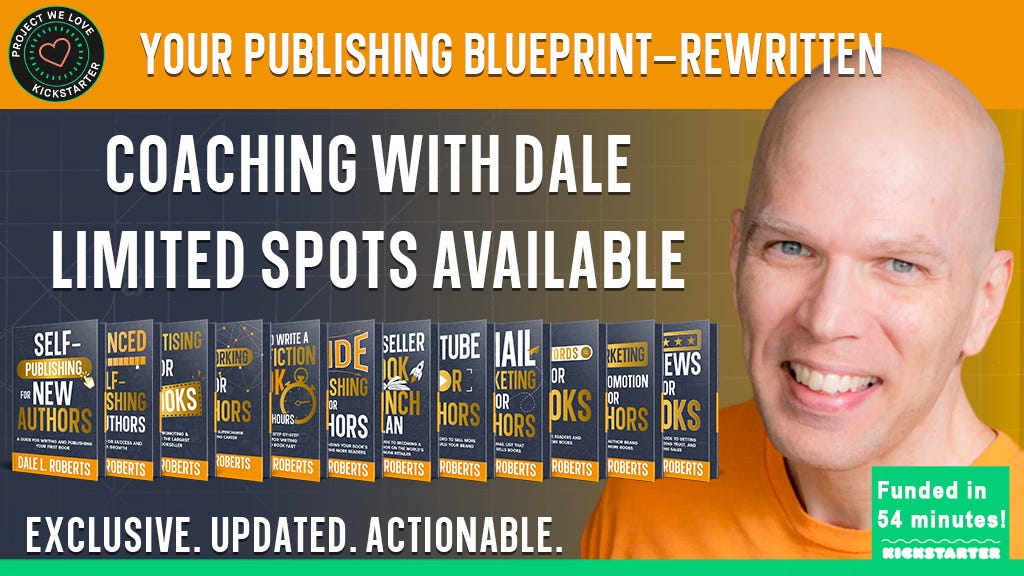

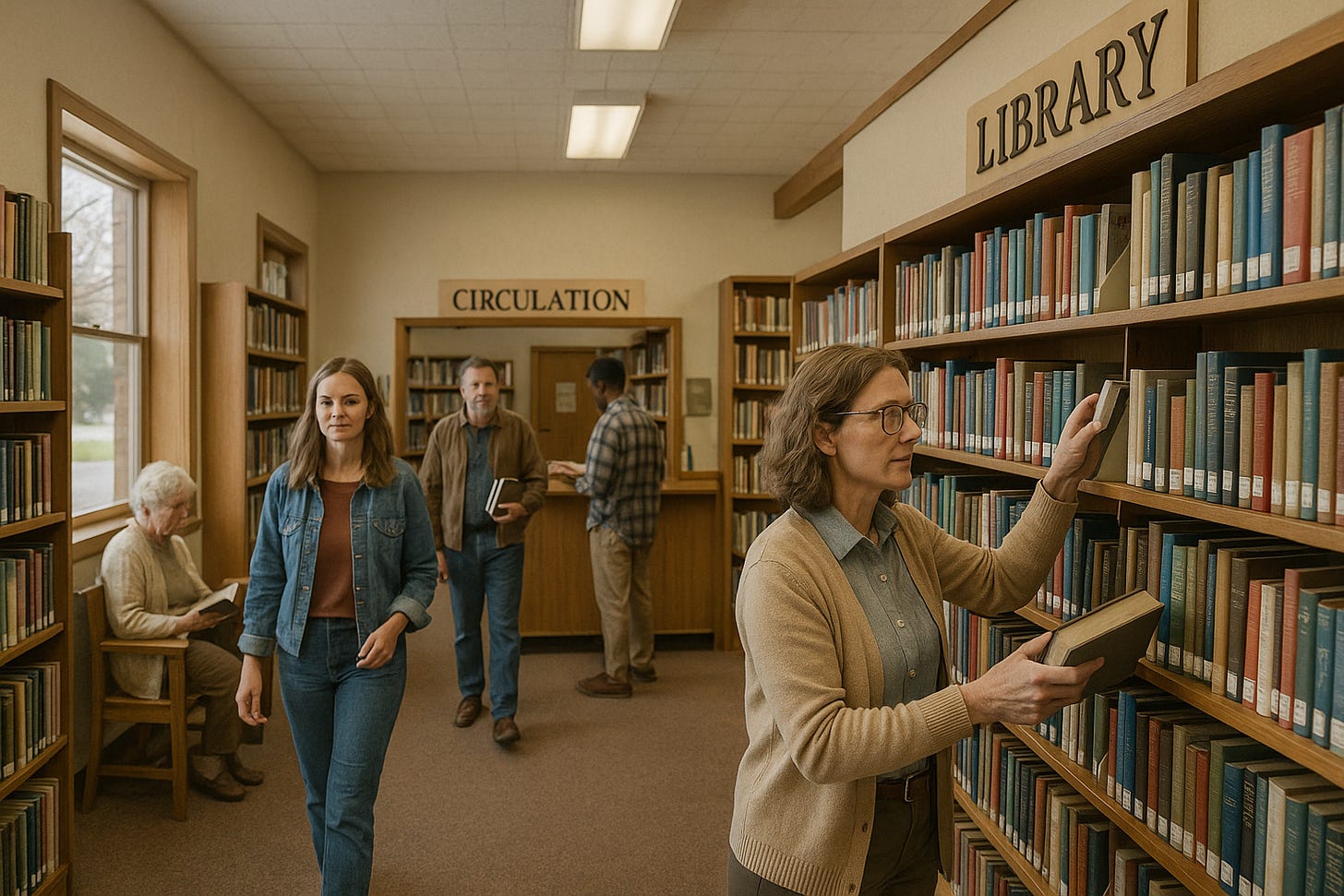
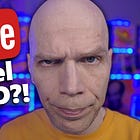



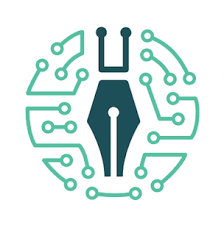

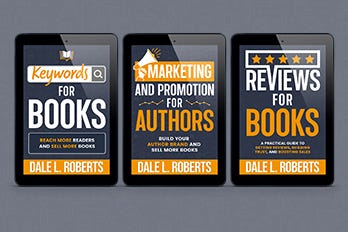
This is a really important piece for indie authors to understand. The shift from internal ads to external traffic isn't just another algorithm tweak - it represents Amazon's long-term strategy of wanting authors to bring fresh customers into their ecosystem rather than just competing for attention within it. What strikes me most is how this aligns with broader e-commerce trends where platforms are rewarding creators who can drive qualiy traffic from outside sources. The advice about building direct relationships with readers through email lists and social media has never been more critical. Thanks for pulling together these resources from Jane Friedman, Joe Solari, and Thomas Umstattd Jr. - it really helps to see how different experts are arriving at the same conclusion.